Home
Insights
Photos
Sports
Dev
Research
Design
Weather
Legal
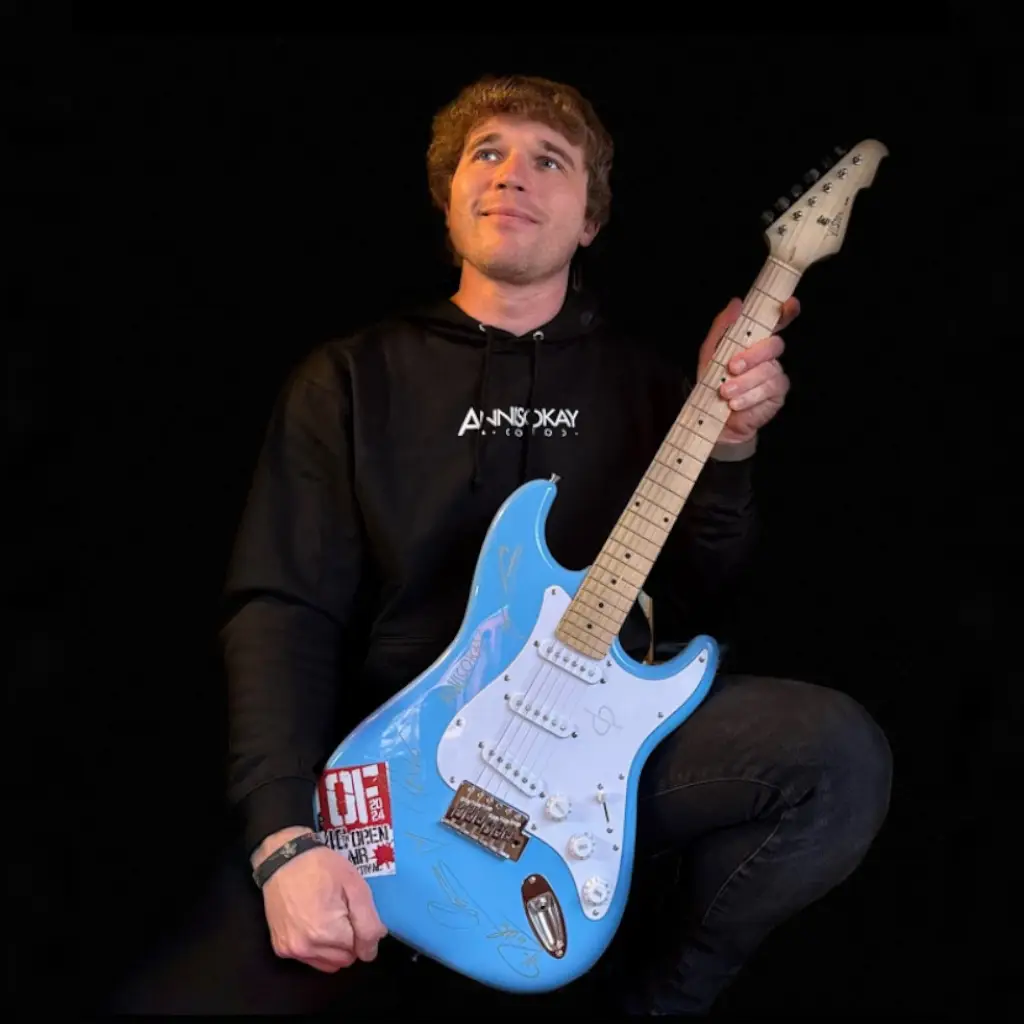
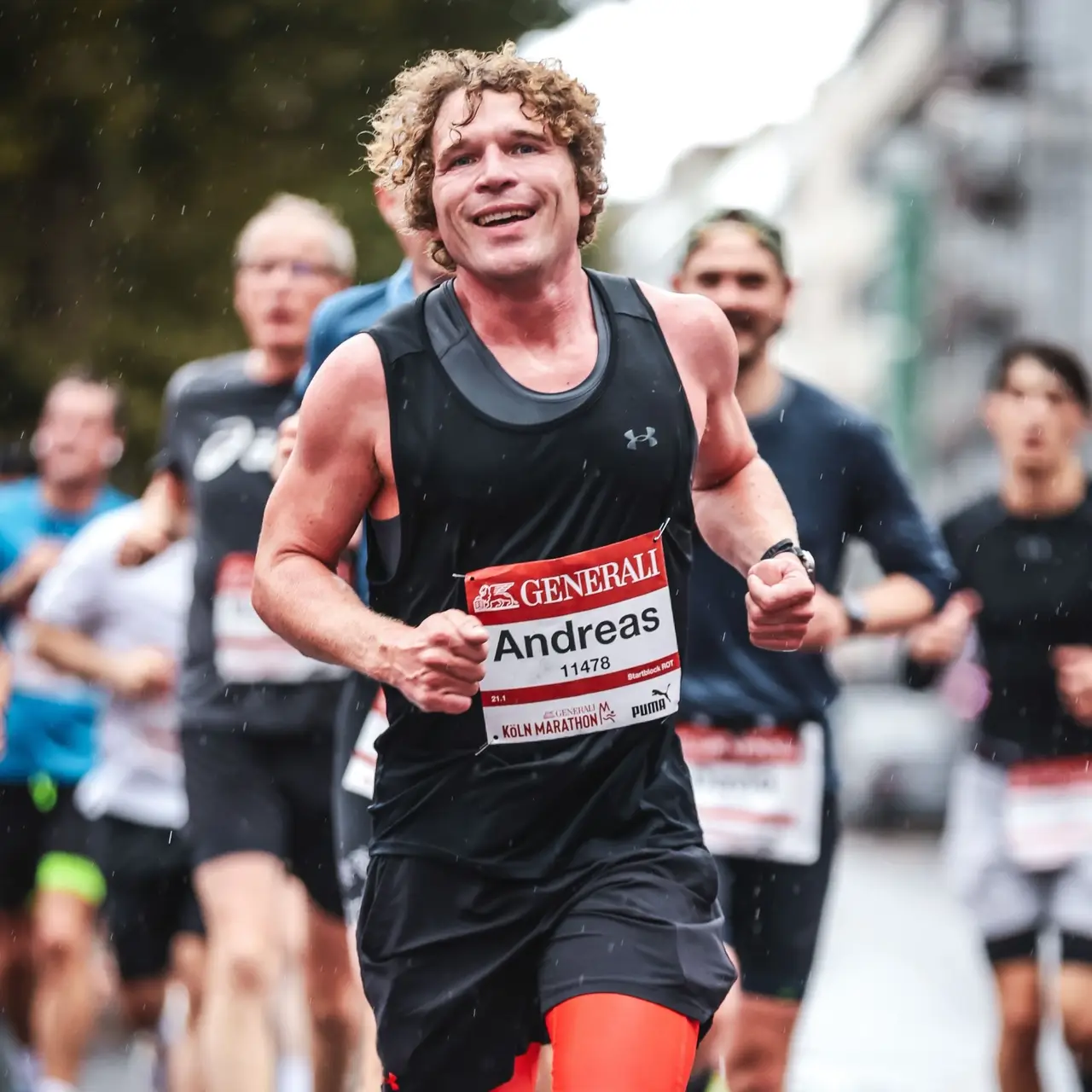

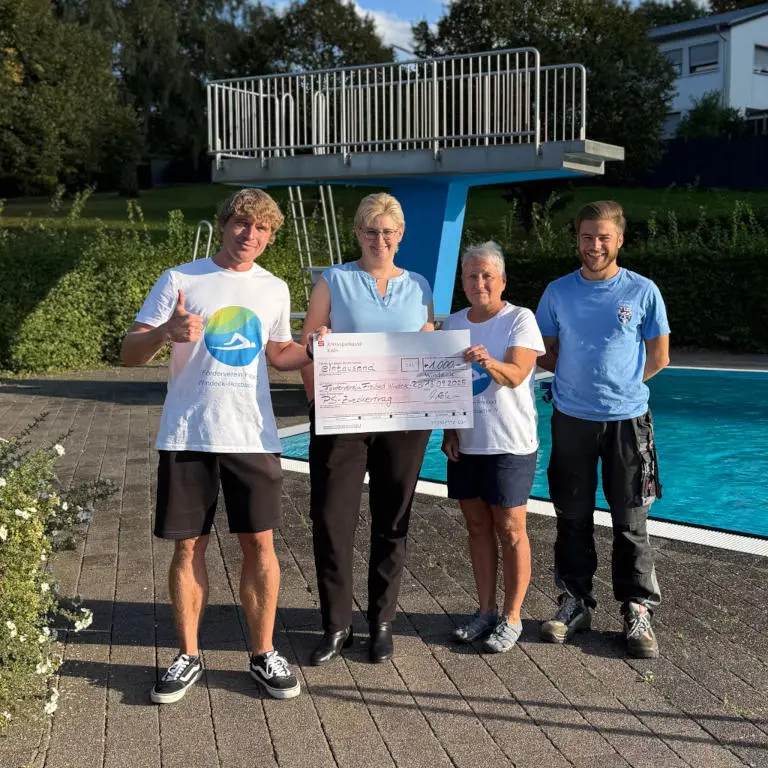
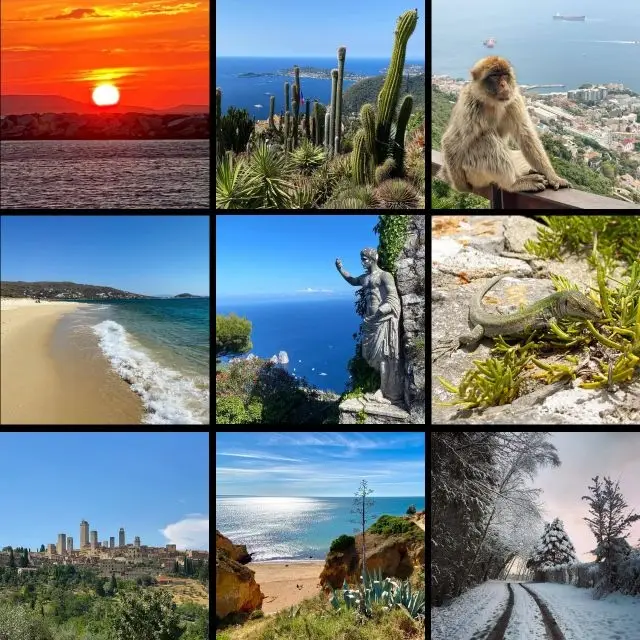
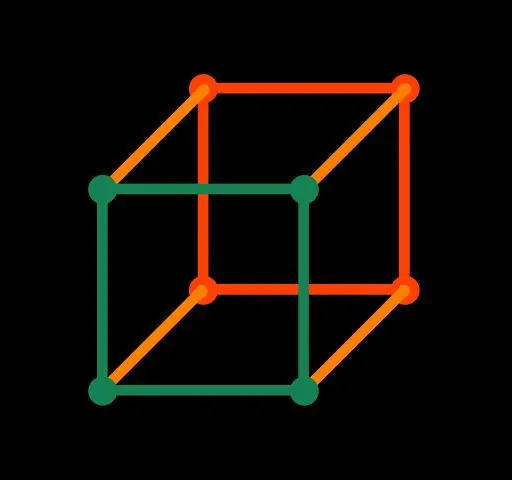
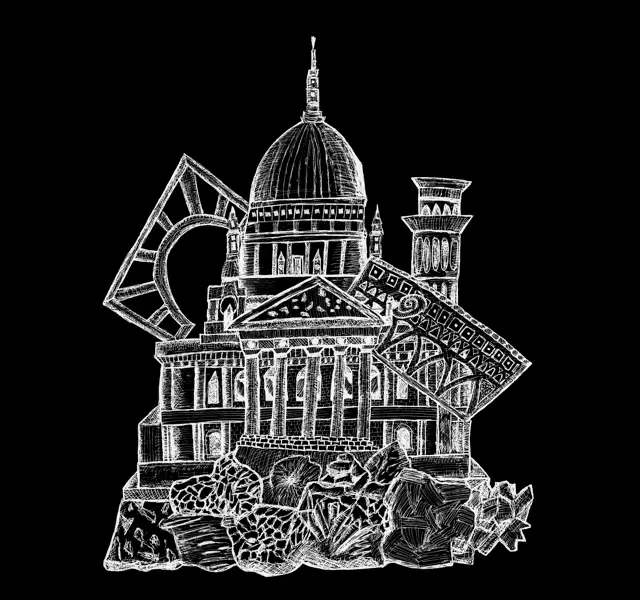
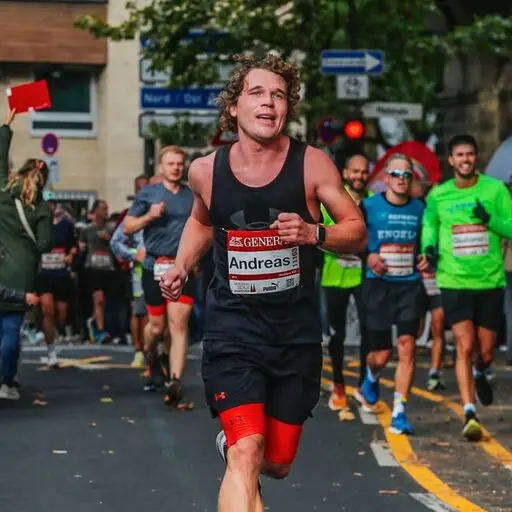
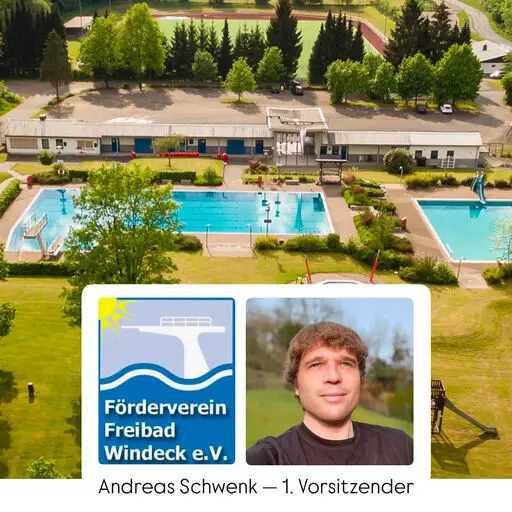
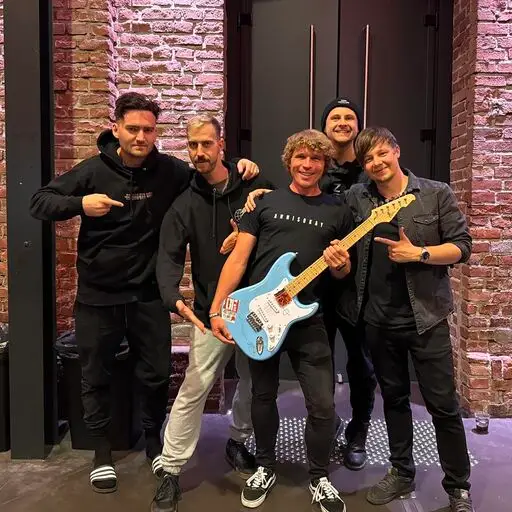
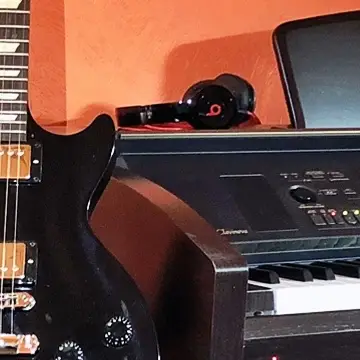
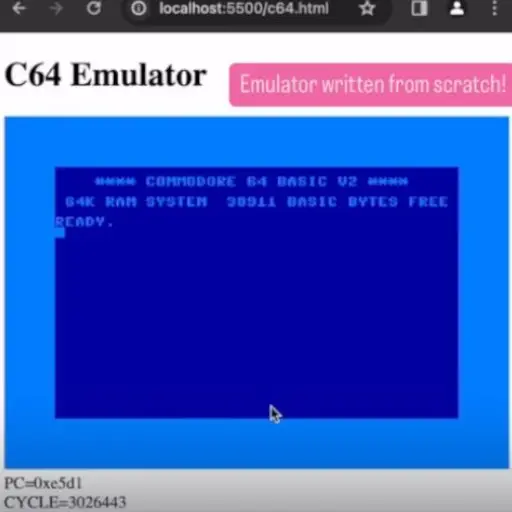
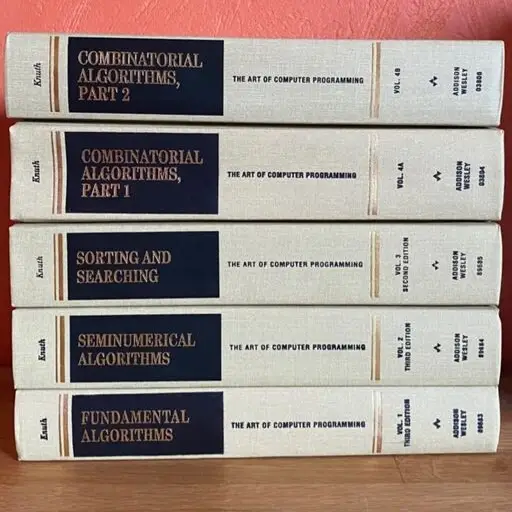
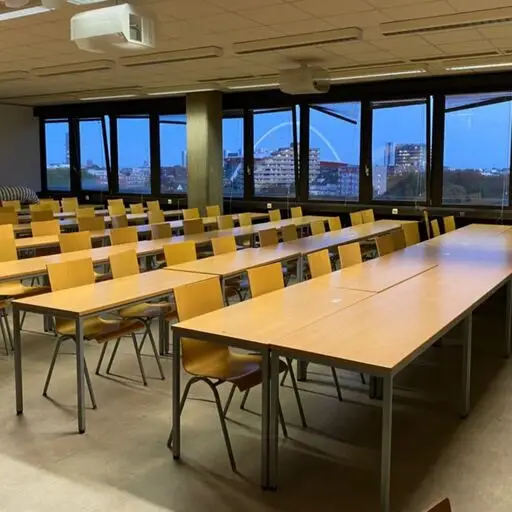
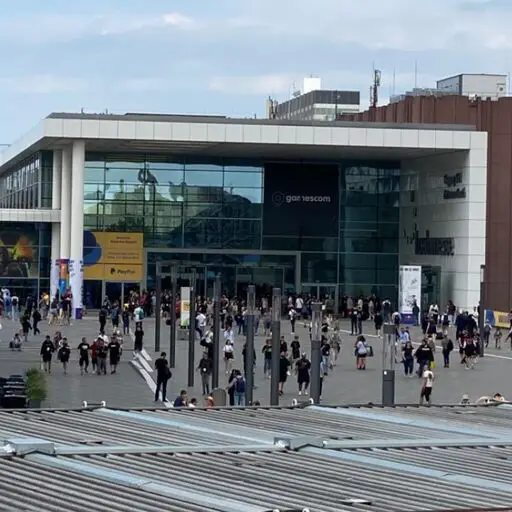
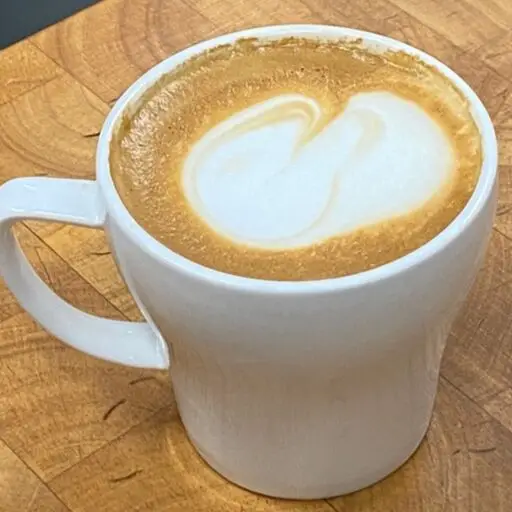
Tap or click on one of the images.
The intention is certainly not self-promotion. Rather, it serves as a space to collect and revisit positive experiences, allowing them to outweigh the negative ones.
This choice stems from a blend of reasons: the elegance of design, harmony with my coding environments, a touch of energy efficiency on modern screens, and, above all, to let the colors in the pictures shine more vividly against the subdued backdrop.
None — this website is built entirely with pure HTML, CSS, and JavaScript.
I'm not reinventing the wheel. This website is a labor of love, a hobby project born from pure curiosity rather than economic motives. By crafting everything myself, I minimize reliance on existing technologies, reducing network traffic and cellular data usage. I build only what is essential, embracing simplicity as the foundation of its design. After all, true elegance emerges from simplicity.
Both no and yes. Every idea and intention behind the text is entirely my own. I only use AI to refine my raw drafts into fluent English, as my native language is German.
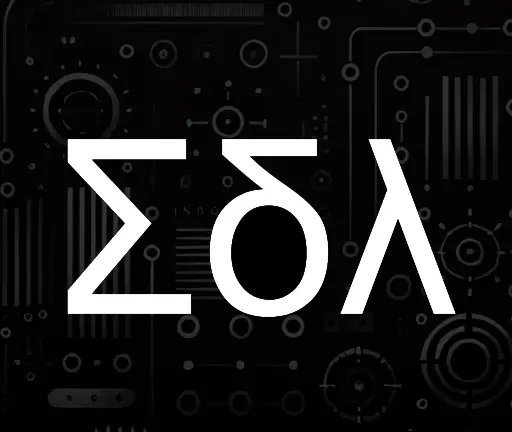
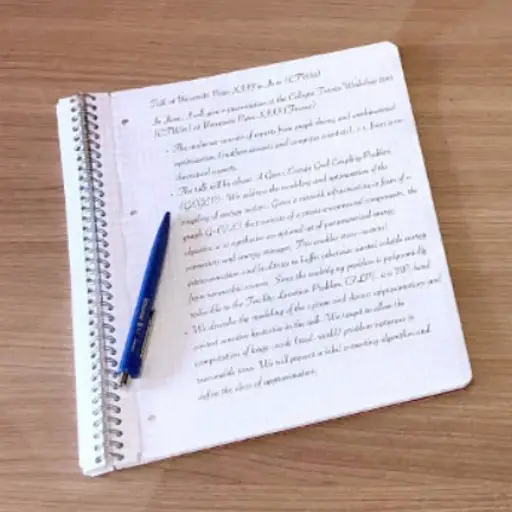

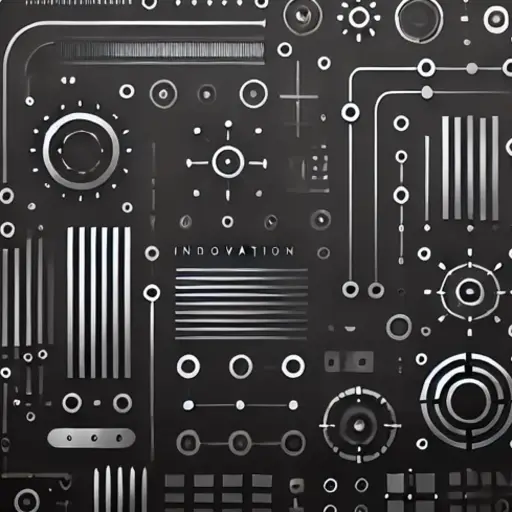
My research focuses on Turing-Complete Domain-Specific Languages (TCDSLs) — a class of programming languages that combine the expressiveness of domain-specific languages (DSLs) with the full computational power of Turing-complete systems. Traditional DSLs are highly specialized and optimized for specific application areas but often lack the ability to express complex algorithms. In contrast, TCDSLs overcome this limitation by integrating domain-oriented abstractions with a fully expressive computational core, making them both powerful and intuitive.
Theoretical Foundations: Analyzing the structure and properties of TCDSLs.
Meta-Compiler Framework: Automating language transformation via rewriting systems.
Prototype Development: Implementing a proof-of-concept for practical validation.
Experimental Evaluation: Testing TCDSLs in real-world applications.
TCDSLs offer a versatile and efficient way to bridge the gap between domain-specific precision and general-purpose programmability. They enable experts in various fields to express complex ideas in an intuitive language while maintaining the flexibility of a full programming environment. This research paves the way for smarter, more adaptable software solutions in specialized domains, making programming both more accessible and powerful.
(In Progress 2025) A. Schwenk, ~"Turing-Complete Domain-Specific Languages: Bridging Domain-Specificity and Computational Completeness".
(In Progress 2025) A. Schwenk, ~"Algorithmic Synthesis of Formal Grammars from Ontologies and Semantic Models".
(In Progress 2025) A. Schwenk, ~"On Syntax-Driven Language Transformers Using Specific Classes of Abstract Machines".
(In Progress 2025) A. Schwenk, ~"Formal Languages for Mathematics Education and Formative Assessment".
(To Appear in 2025) A. Schwenk, P. Graf, H. Knospe, "The Use of Online Exercises for Digital Higher Education in Mathematics / Der Einsatz von Online-Aufgaben für die digitale Hochschullehre in Mathematik".
A. Schwenk, P. Graf, H. Knospe, "Mathe:buddy – A Gamified Learning App for Higher Mathematics / Mathe:buddy-eine Gamifizierte Lern-App für die Höhere Mathematik", in 18. Workshop Mathematik, 2024, pp. 38-43, ISBN 978-3-947929-25-2.
A. Schmitz, H. Knospe, J. Schmidt, J. Reissner, A. Schwenk, P. Graf, "Klassifizierung von Mathematik-Aufgaben und Entwicklung eines digitalen Aufgabenpools", poster presentation, GDM Tagung, 2022.
A. Schwenk, "On the Spectral-Based Reduction of the Computational Demand for the Prediction Phase in Image Classification with Artificial Neural Networks", Developments of Artificial Intelligence Technologies in Computation and Robotics: Proceedings of the 14th International FLINS Conference (FLINS 2020), 2020, pp. 709-716, ISBN 978-981-122-332-7, doi: 10.1142/9789811223334_0085.
A. Schwenk, "On the Problem Class of Optimal Technology Implementation into a Multi-Sectoral Energy System (OTIMES)", 17th Cologne-Twente Workshop on Graphs and Combinatorial Optimization (CTW), Enschede, 2019, ISSN: 2590-0870.
A. Schwenk, H. Randerath, "16th A Green Energy Grid Coupling Problem (GEGCP)", Cologne-Twente Workshop on Graphs and Combinatorial Optimization (CTW), Paris, 2018.
A. Schwenk, H. Randerath, B. Rhein, "A New Web-Based Cross-Energy Optimization and Simulation Environment", IEEE - Energy and Sustainability Conference 2018 (IESC), 2018, doi: 10.1109/IESC.2018.8439965.
A. Schwenk, "CEMPL: A new domain-specific language for rapid modeling of cross-energy systems", IEEE - Energy and Sustainability Conference 2017 (IESC), 2017, doi: 10.1109/IESC.2017.8167478.
A. Schwenk, C. Yuan, "Visual Perception and Analysis as First Steps Toward Human-Robot Chess Playing", International Symposium on Visual Computing 2015 (ISVC), Lecture Notes of Computer Science (LNCS), Springer International Publishing, Las Vegas, 2015, ISBN 978-3-319-27862-9, doi: 10.1007/978-3-319-27863-6_26.
A. Schwenk, L. Thieling, G. Hartung, G. Büchel, "FPGA Accelerated Video-Compression for Cloud-Based Vision Sensors", IEEE - International Conference on Industrial Technology (ICIT), 2015, 10.1109/ICIT.2015.7125338.
A. Schwenk, "Design and Implementation of a Knowledge Acquisition System for Automated Ontology Synthesis Andreas Schwenk", Forschungsschwerpunkt VMA an der TH Köln, 2014, Link.
A. Schwenk, "Design and Optimization of a New Bio-Inspired General-Purpose Neural-Computing Architecture for Massive Parallelization Implemented on a Field-Programmable Gate Array", Master's Thesis, 2015.
A. Schwenk, "Development of Image Processing Algorithms for an Embedded Vision Sensor System in VHDL", Bachelor's Thesis, 2012.
Master's Course Compiler Construction and Domain-Specific Languages, Skriptum.
Supervision of Bachelor's and Master's Theses in areas such as compiler construction, graph databases, renewable energy software systems, mobile app development, and IT security.
Applying Gamification to Higher Mathematics, pySELL quizzes: Link, MatheBuddy app: Link.
Projects Mentoring in System Design Lab, e.g., math gamification tools, ILIAS plugins, web apps for 3D printing.
Exercises in Fundamentals of Practical Computer Science.
Lab in IT Security.
Lab in Graph Theory.
Lab in Applied Mathematics.
Lab in Special Aspects of Autonomous Mobile Systems.
Lab in Programming of Numerical Methods.
Lab in Industrial Image Processing.
MatheBuddy: Gamified Learning app for higher mathematics. TH Köln. Link.
hm4mint.nrw: Online course in higher mathematics. RWTH Aachen, integral-learning GmbH, Ruhr-Uni Bochum, TU Dortmund, Uni Siegen, Bergische Universität Wuppertal, TH Köln, and 11 more Universities and Universities of Applied Sciences. Link.
Aufgabenpool-Mathematik: Exercises pool for randomized mathematics STACK-based exercises (funded by digiFellow). TH Köln. Link.
Es-Flex-Infra: Modeling and optimization of the coupling of energy sectors for a more flexible energy structure. Fraunhofer SCAI, TH Köln, Rheinische NETZGesellschaft mbH, werusys GmbH. Link.
SensorCloud: Secure technologies for capturing, controlling, and aggregating sensor data from cloud applications as part of the BMWi-funded Trusted Cloud initiative. RWTH Aachen, QSC AG, symmedia GmbH, TH Köln. Link.

pySELL is a Python-based Simple E-Learning Language for Interactive STEM Courses.

dartTeX is a lightweight TeX-to-SVG typesetter, written in Dart.

MatheBuddy is an interactive, gamified app for first-year higher mathematics.

hm4ever is a clone of https://hm4mint.nrw, built entirely with Free & Open-Source Software.

pyLambda is a minimalistic functional language with metacompilation.
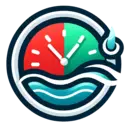
freibad-ampel.de is a website and app for managing public pool opening times, available at no cost.
| Dist | Time | Date |
| 5k | 00:20:37 | 2024-11-26 |
| 10k | 00:43:30 | 2025-08-02 |
| HM | 01:40:05 | 2025-10-05 |

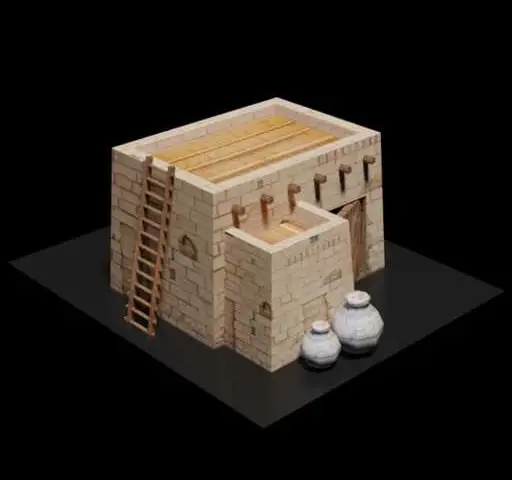

Art has been woven into my life for as long as I can remember. As a child, I found joy in drawing, shaping my imagination on paper, and channeling creativity into Lego structures. These small acts of creation were more than play; they were the first echoes of a lifelong fascination with form, color, and expression.
As I grew, my artistic lens turned outward. I captured the world through photography, landscapes drenched in golden light, the quiet poetry of nature, and the pulse of cities across the globe, especially in Europe. Each journey became a search for beauty, not only in grand vistas but in the hidden details of a place. Museums became sanctuaries where I stood in awe of artistic legacies, with a particular fascination for ancient art, those enduring testaments of human creativity across centuries.
In recent years, my creative journey has taken new forms. I have designed logos, shaped digital spaces through websites, and brought architectural visions to life in 3D. For me, creativity is more than an act; it is a counterbalance, a necessary contrast to the structured world of theoretical science. And yet, I do not see them as opposites. I believe that only through the symbiosis of art and science can truly remarkable things emerge. One inspires the other, and together they create something far greater than the sum of their parts.
The data is collected every five minutes using a Raspberry Pi and published here. Please note that temperature readings were too high until the end of May 2018. To improve accuracy, I installed a separate sensor on the north side after that.
| Time | |
| Temperature | |
| Min / Max | |
| Humidity | |
| Air Pressure | |
| Rain hour | |
| Rain day | |
| Wind speed |
| X-Axis | Time (0-24 h) |
| Left Y-Axis | Temperature (°C) |
| Right Y-Axis | Humidity (%) |
We respect your privacy and are committed to protecting it. This privacy policy outlines how personal data is handled on this website, in accordance with the General Data Protection Regulation (GDPR) and German Telemedia Act (TMG §5).
This website does not collect, store, or process any personal data from visitors. There are no forms, user accounts, or interactive features that would result in the collection of personal information.
This website does not utilize any third-party services (such as analytics tools, advertising networks, or social media plugins) that could potentially track or collect personal data.
This website does not use any cookies, whether for functional or tracking purposes.
This website is hosted by:
Strato AG
Pascalstraße 10
10587 Berlin, Germany
Responsible for this website:
Andreas Schwenk
51570 Windeck, Germany
contact@arts-and-sciences.com
As this website does not process personal data, no data controller is required.
Despite careful content control, we assume no liability for the content of external links. The operators of the linked sites are solely responsible for their content. We encourage visitors to read the privacy policies of any external sites they visit.
Under the General Data Protection Regulation (GDPR), users have the following rights:
The right to access, correct, or delete personal data (if applicable).
The right to restrict or object to processing (if applicable).
The right to lodge a complaint with a data protection authority.
If there are any changes to this privacy policy, they will be updated here.